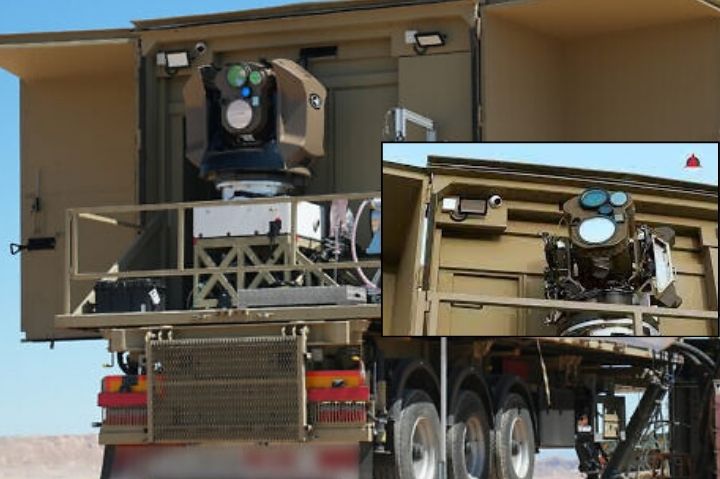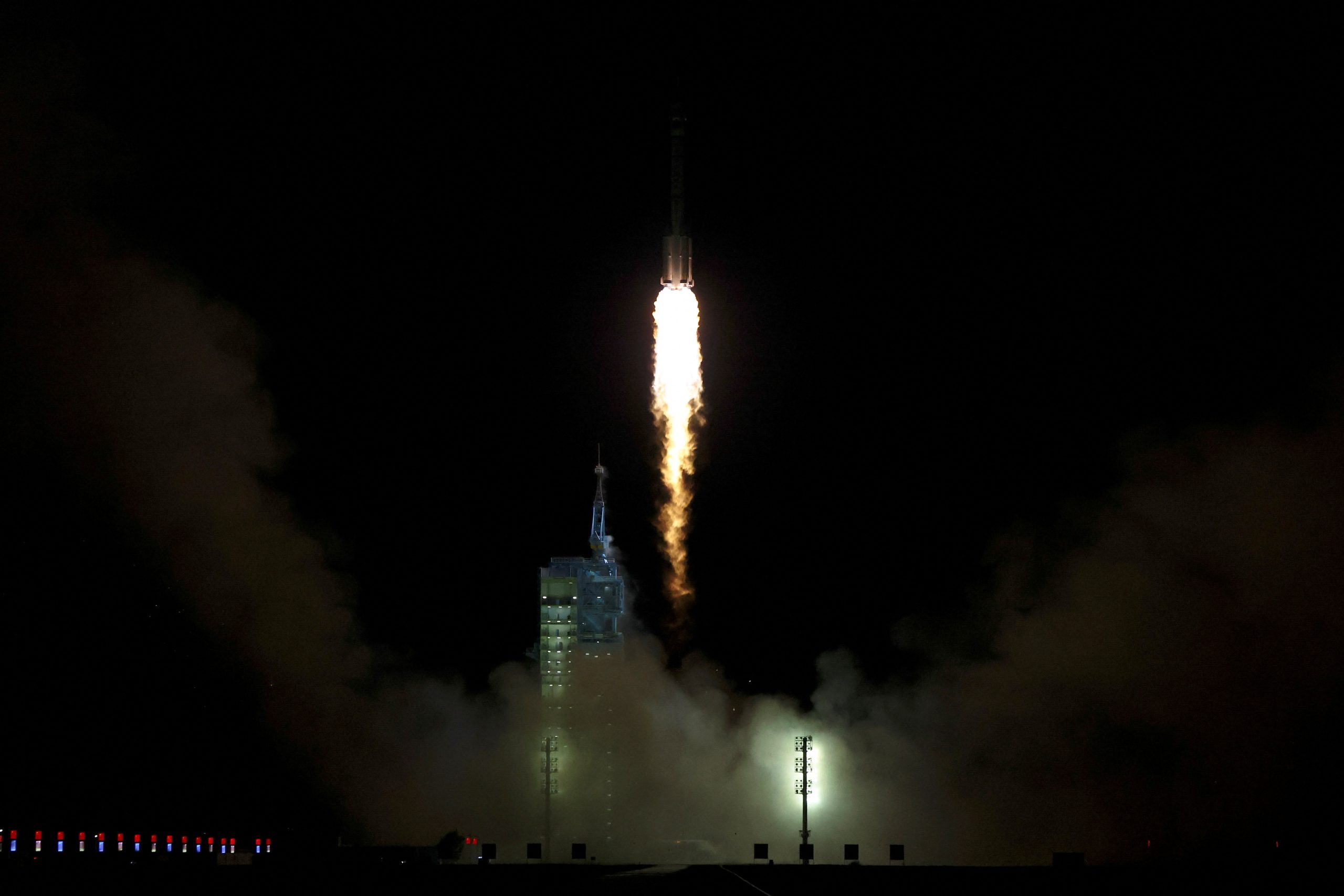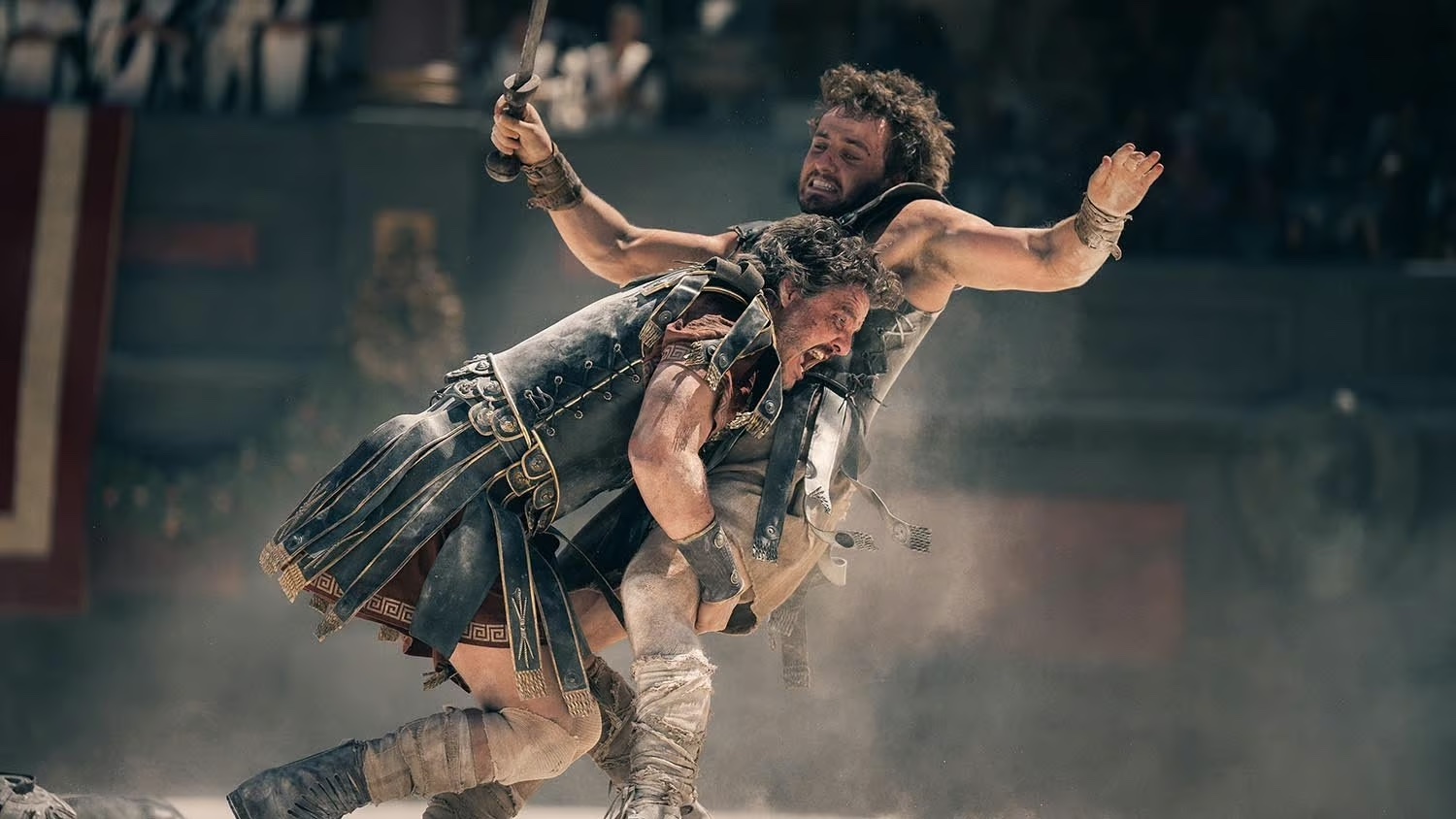“The drone war, which is the future of conflict, will eventually get rid of tanks, artillery, mortars,” declares Eric Schmidt, former CEO of Google, at the Future Investment Initiative conference in Saudi Arabia.
In a bold statement that has sent shockwaves through defense circles, Eric Schmidt is urging the U.S. military to pivot away from traditional armored vehicles in favor of advanced AI-powered drones. Speaking at the Future Investment Initiative conference on October 30, 2024, Schmidt emphasized the transformative potential of drone technology, citing the ongoing conflict in Ukraine as a pivotal example.
*”Russia’s war in Ukraine showed how a ‘$5,000 drone can destroy a $5 million tank,'” he asserted, highlighting the stark cost-effectiveness and strategic advantage of unmanned aerial vehicles (UAVs) over conventional armored platforms. Schmidt’s remarks come at a time when the U.S. military is reassessing its defense strategies amidst evolving global threats.
According to a Bloomberg report, Schmidt has been quietly developing a startup focused on the production of military drones in collaboration with Ukraine. The initiative, known as the White Stork project, aims to manufacture UAVs that leverage artificial intelligence and are resistant to GPS jamming, addressing vulnerabilities that have been exploited in recent conflicts.
“The cost of autonomy is falling so quickly that the drone war, which is the future of conflict, will eventually get rid of tanks, artillery, mortars,” Schmidt reiterated, underscoring his belief that Western militaries are lagging in adapting to modern battlefield technologies. His vision is further supported by his backing of the startup Istari, which seeks to modernize the U.S. military with cutting-edge AI innovations.
Forbes has reported that Schmidt’s efforts are part of a broader strategy to enhance military capabilities through technological advancements. By focusing on drones, Schmidt argues that the U.S. can achieve greater flexibility, reduce operational costs, and increase mission effectiveness.
However, Schmidt’s stance is not without controversy. Defense experts like Rob Lee have cautioned against the outright dismissal of traditional weapon systems. “The wars in Ukraine and Nagorno-Karabakh both show that mobile armored platforms with firepower are still important,” Lee wrote in a War on the Rocks article. He pointed to the significant tank losses suffered by Russian forces early in the war as a result of inadequate combined arms usage and weak logistics, rather than a fundamental flaw in tank technology itself.
Despite these criticisms, Schmidt remains steadfast in his conviction that drones represent the future of warfare. His advocacy for UAVs aligns with broader trends in military innovation, where autonomy and advanced technologies are increasingly seen as essential for maintaining strategic superiority.
As the U.S. grapples with these strategic decisions, Schmidt’s voice adds a significant perspective to the ongoing debate about the future of military hardware. His push for a drone-centric military could herald a new era in defense strategy, one that prioritizes technological prowess and operational efficiency over traditional armored might.
Source: Insights and analysis based on Bloomberg, Forbes, and War on the Rocks articles.















